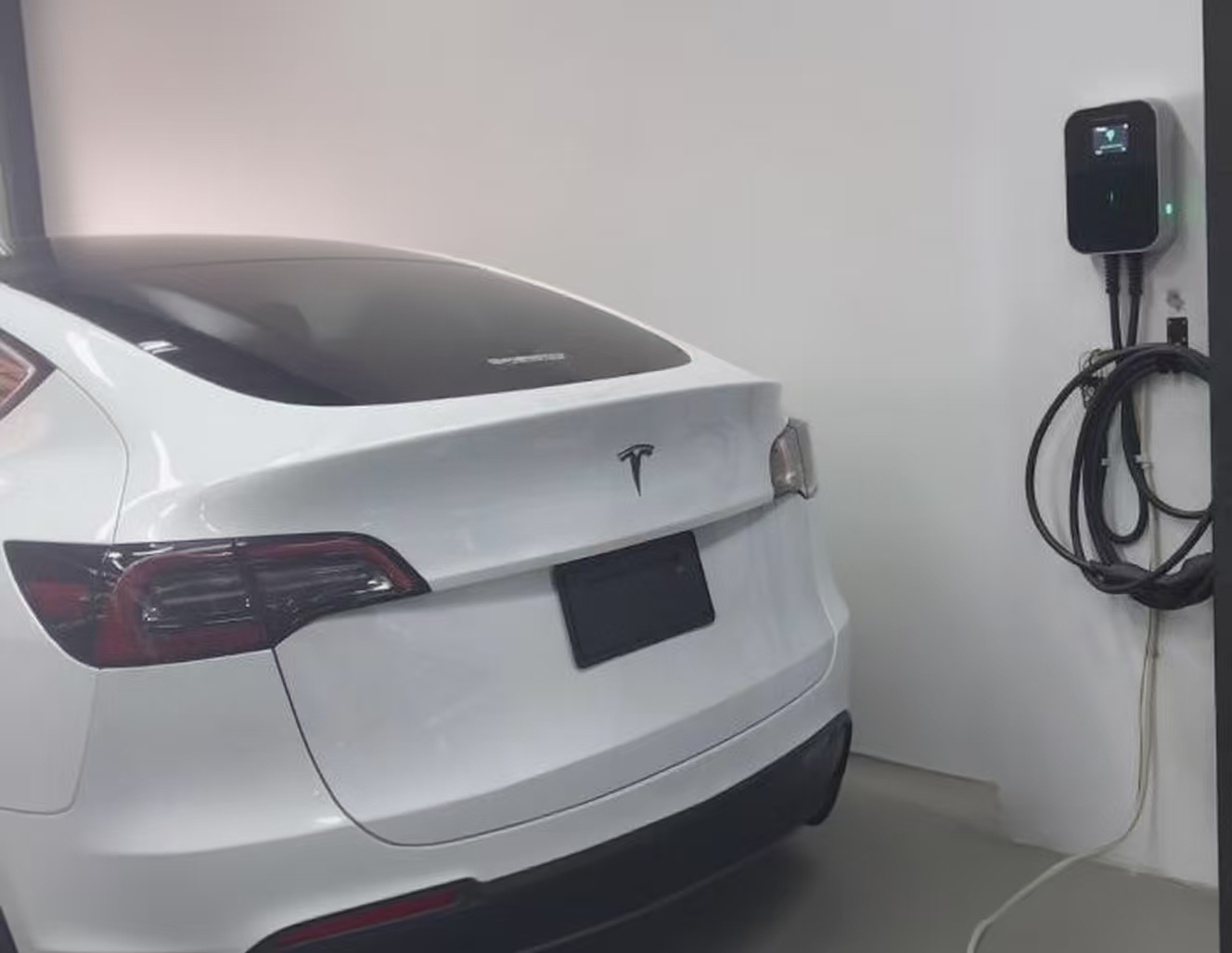9/3/2025
With the growing popularity of electric vehicles, the first question many Tesla owners ask after purchasing a Tesla is: Can they charge directly from a regular household outlet? This seemingly simple question actually involves issues with charging efficiency, safety, and long-term user experience.

In most homes, the typical outlet voltage is 220V (approximately 110V in North America). In theory, these outlets can charge a Tesla. Simply connect the included basic charging cable (Mobile Connector) to a household outlet to start charging.
However, the charging power depends on the current drawn by the outlet. At 220V/10A, the battery can only replenish approximately 10-15 kilometers of range per hour. If the battery is nearly depleted, it may take 2-3 days to fully charge, which is clearly inefficient for daily commutes or long-distance trips.
Thus, while regular outlets can be used for emergency charging, they're not the optimal solution.
For Tesla and other electric vehicle owners, installing a dedicated EV Charger (AC charger or wall charger) is the more recommended solution.
Choosing the right EV Charging Connector (charging cable) is also crucial. Different countries and regions have different plug standards (e.g., Type 1, Type 2). Tesla owners need to select the appropriate connector based on their vehicle and regional power grid standards to ensure compatibility and stability.
Teslas can be charged using regular outlets, but this is only a temporary solution with limited efficiency and safety. For frequent EV owners, investing in a high-quality EV charger and matching Nexway EV Charging Connectors will not only significantly improve the charging experience but also ensure electrical safety, truly unleashing the convenience of EVs.
The following are our popular EV charging products that you may be interested in. If you have any questions, please feel free to contact us, and our specialists will answer within 24 hours.